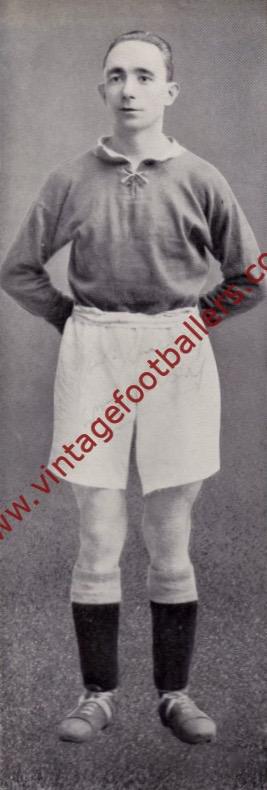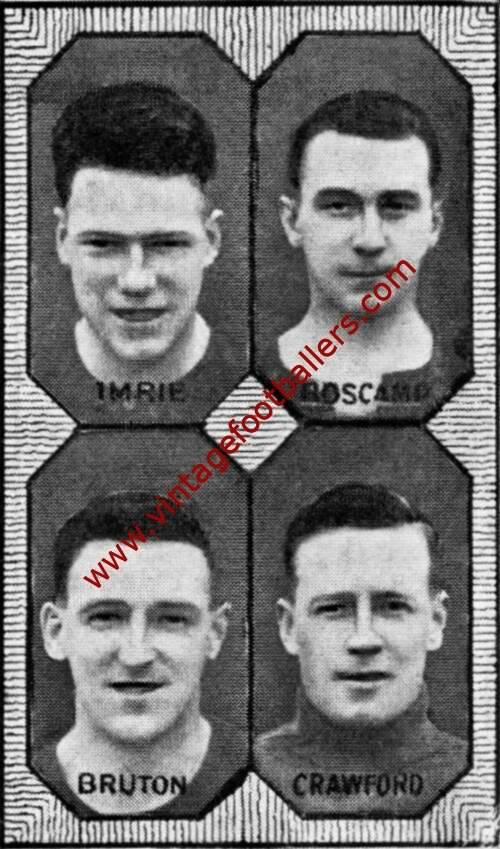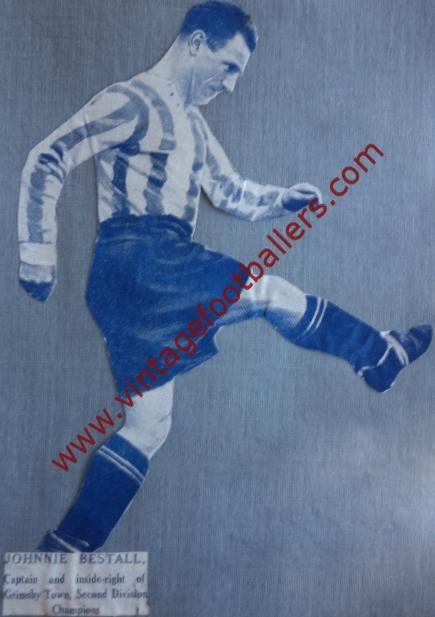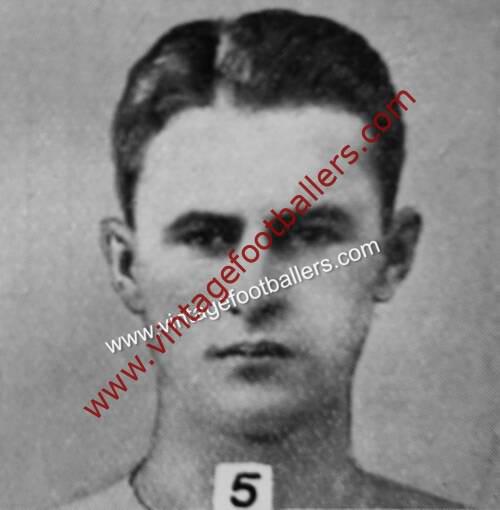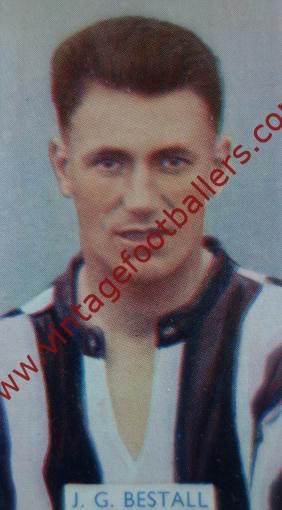Please choose your photo size from the drop down menu below.
If you wish your photo to be framed please select Yes.
Note: 16″x 20″not available in a frame.
Images can also be added to accessories. To order please follow these links
£8.95 – £49.95
In stock
Please choose your photo size from the drop down menu below.
If you wish your photo to be framed please select Yes.
Note: 16″x 20″not available in a frame.
Images can also be added to accessories. To order please follow these links
A multi-talented sportsman, Belfast born Billy McCleery played both football and cricket for Ireland.
On the football field McCleery was as capable in defence as attack. In his early days with Cliftonville (1921) and Queen’s Island from 1922, with whom he won the 1923-24 Irish League Championship and the 1924 Irish Cup, he was an accomplished inside forward, earning a move to Blackburn Rovers on the strength of his performances in that role. With Blackburn he made his Football League debut at Arsenal in October 1924, and scored 5 goals in 25 appearances before returning to join Shelbourne in 1926.
Later in his career, with Linfield and Ireland, he was part of one of the Irish game’s most renowned half-back lines, alongside Jack Jones and Tommy Sloan. His Irish League career yielded over twenty major trophies, many as captain, including 4 Irish League Championships and 4 Irish Cups.
Capped once at Amateur level in November 1921, playing in a 4-1 defeat to England at Filbert Street, and making his full Ireland debut in the inexperienced Irish side that played Norway in May 1922 while with Cliftonville, McCleery had to wait seven years for further international caps, playing against England in October 1929. The second match of his international return saw him line-up in an all-Linfield half-back line (with Jones and Sloan), providing the bedrock for another Linfield player, Joe Bambrick, to score a double hat-trick in a famous 7-0 win over Wales. He won his tenth and last Ireland cap in December 1932. He also played eleven times for The Irish League; notable results being two wins over the Scottish League, a 2-2 draw with the Football League at Windsor and a 6-1 hammering of the League of Ireland at Dalymount Park. He also appeared once for the League of Ireland in a 5-1 defeat by the Welsh League in 1927.
Malcolm Brodie records McCleery’s career in his book, Linfield – 100 Years (1985):
“Billy McCleery, second youngest of a family of four boys and two girls, was born in Rutland Street on the Ormeau Road and it was in the “Holy Lands” and “The Plains” area of Belfast that he learned his football with 9th Boys’ Brigade (Fitzroy Avenue Presbyterian Church), a team called University, which competed in the Minor League; small in stature his inherent ability gradually developed at Cliftonville.
After playing for Ireland against Norway in Bergen, a match watched by the King and Queen of Norway, McCleery came back to Belfast and signed for Queen’s Island at £2 per week plus the bonus of a job in Harland and Wolff. He flourished even more among the Island giants Tucker Croft, Joe Gowdy, Sammy McKeown and Charlie Cowan; he won an Irish Cup medal with them, the first of six, the others, of course, coming as a player with Linfield.
Towards the end of the season, Linfield asked permission to play the Queen’s Island left-wing of Morton and McCleery against Blackburn Rovers in a friendly at Windsor Park, a match which was to change his life. He was scintillating but McCleery drove a hard bargain and it took two meetings before he agreed to join Blackburn with £500 given to him in cash on the spot.
He enjoyed his football, played the game on his own terms and the tangle of new experiences, impressions and excitement in the big time did not affect him.
For three years the young Ulsterman maintained a first-team place but in a trial match damaged his knee in a tackle which everyone at Ewood Park thought heralded the end of his English career so he was placed on the transfer list at £500. Clubs steered clear of him .. they didn’t want a crock player, one “with a bad knee”. With no managers showing interest, McCleery, disappointed and dejected, returned to Ireland, joined Shelbourne and, within a season, all his artistry and skill had returned.
The denizens of Linfield had been watching his progress. They asked him to sign but he declined. Then Davy Emerson met him at Castle Junction one Saturday morning as McCleery, carrying his cricket bag, was en route to Woodvale (his then cricket team). He invited him to play for the Blues in a Charity Cup Final against Celtic at Cliftonville.“If you play we’ll send a subscription to Woodvale”, promised Emerson. McCleery agreed, played a big part in the 4-0 triumph and so began a nine year spell at Windsor Park where he won all the honours and Ireland caps; on one occasion he took over in goal in an emergency!
He retired in 1936 [Linfield lost 3-1 to Blackburn in his benefit match on 6th May]and on April 1, 1939, became manager of Linfield but war work prevented him continuing for long and, after a dispute over sole control of team selection, he resigned to concentrate on cricket. His association with Linfield remained until his death; he acted in many capacities but perhaps his moment of great triumph was on April 25, 1956 when he managed the Irish League team which defeated the Football League 5-2 at Windsor Park.”
At the cricket crease he was a classy all-rounder, playing in fourteen Irish Senior Cup Finals between 1929 and 1952, winning nine, and playing for Ireland on several occasions, notably playing against Sir Julien Cahn’s XI at Ormeau in July 1930.
| Weight | N/A |
|---|
